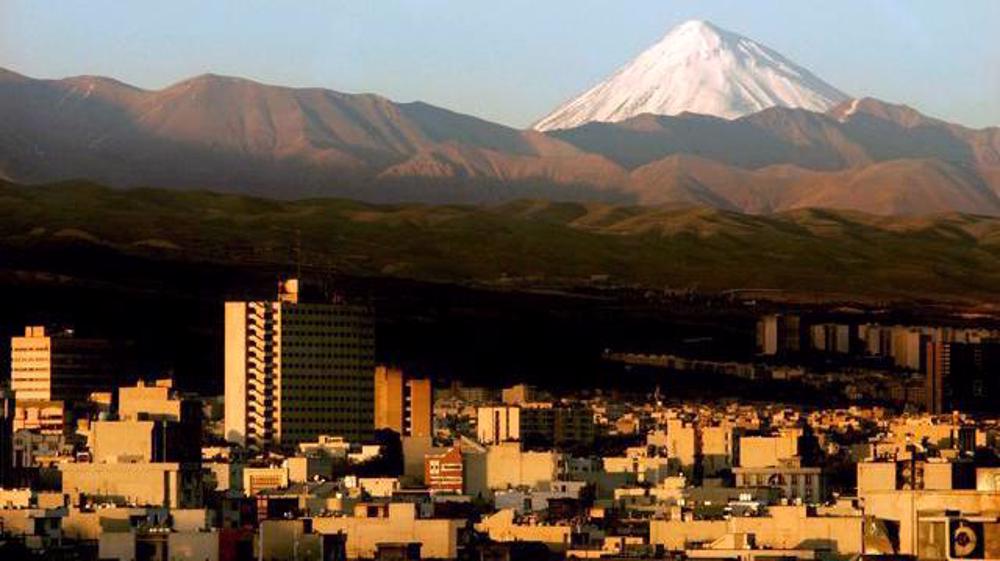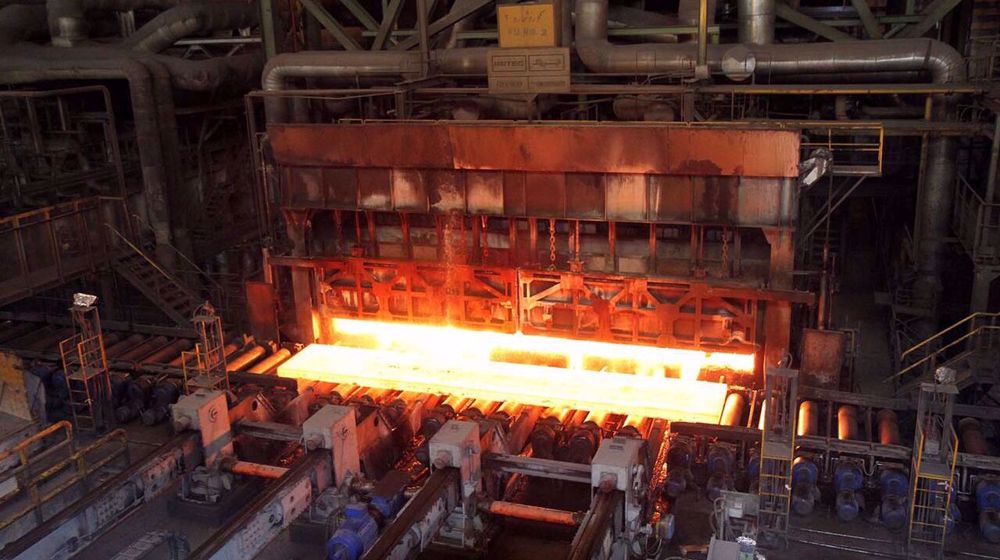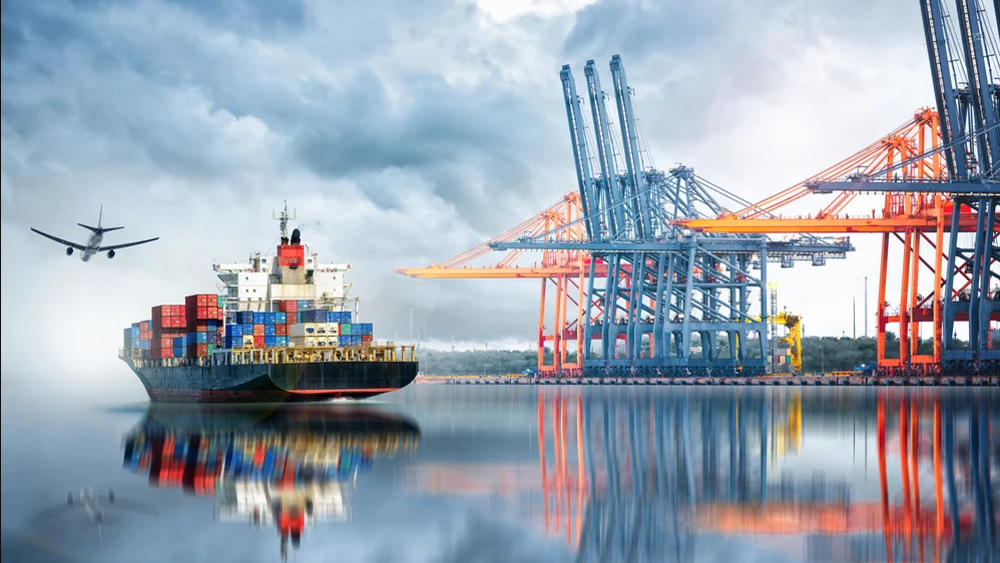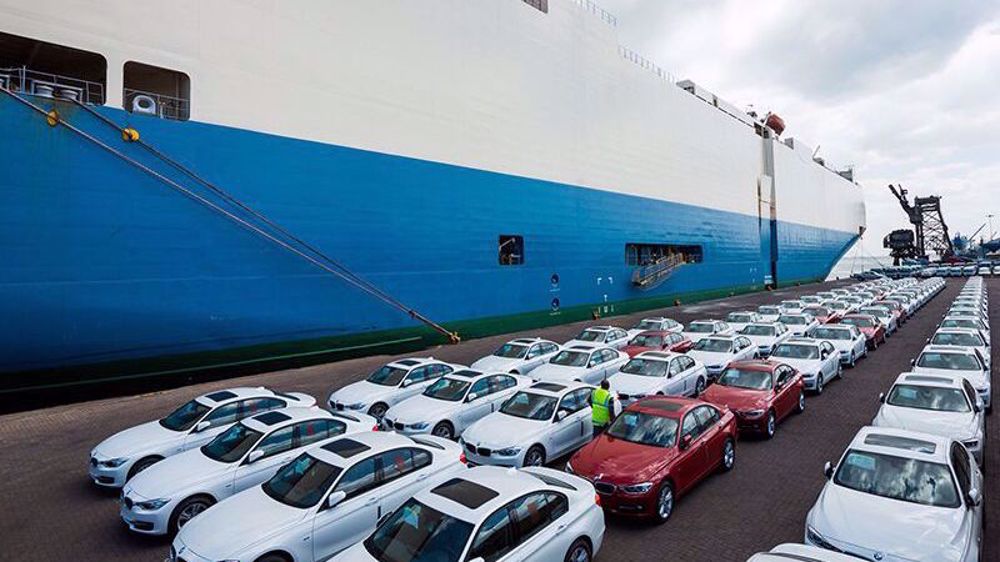Official: Iran's strategic stocks of goods in ideal condition
A state official says the strategic stocks of essential consumer goods such as cooking oil, rice, sugar and bread are in an ideal condition in Iran.
The Iranian consumer staples sector has witnessed some shortages of grocery products such as cooking oil and sugar in recent months, which director general of grain and commercial services of Tehran province Abbas Arshadi attributed to "certain conditions".
Thanks to measures taken by Iran's state purchasing agency the Government Trading Corporation (GTC) and continuous supplies to the market, the shortages have been eliminated, he told IRNA news agency.
"The GTC's strategic reserves of essential goods are in ideal conditions and they will be released to the market in the shortest time whenever people need them," Arshadi said.
Boosting food stocks is a vital issue before a government transition when the food distribution system is often put into new hands, and the new administrations have to deal with the state of the country left to them by their predecessors.
Outgoing President Hassan Rouhani once recalled that wheat stocks in some provinces could support demand only for a maximum of two weeks when he took over from his predecessor in mid-2013.
Government buyers, including the GTC, are playing a big role to maintain strategic stocks, but they are under pressure to import and allocate enough goods in the face of US sanctions.
While food trade is exempt from the sanctions, many foreign banks are reluctant to finance it for fear of drawing fire from the US government simply for doing business with Iran.
Wheat is Iran's most important crop, accounting for about half of its cultivated acreage and 70 percent of its grain output.
The country is estimated to consume around 15.5 million tonnes of wheat a year, but supplies have varied over years due to erratic domestic production.
Self-sufficiency in wheat has been a cornerstone of the country's food security policy in recent years. The Rouhani administration snapped the achievement last year when Iran imported more than 3 million tonnes of the strategic staple food at a cost of $3.8 billion.
For the current fiscal which began on March 20, Iran is running on a shortage of 30 percent which means the country has to import 5-6 million tonnes of wheat, head of the Commercial Services Office of the Ministry of Agriculture Jihad Hassan Abbasi Maroufan said.
"Due to the decrease in rainfall and the intensification of a protracted drought this year, it is predicted that wheat production will be close to 10 million tonnes and the guaranteed purchase of the crop by the government will be about seven million tonnes," he said.
To put this into perspective, the government bought 11.5 million tonnes of wheat from local farmers in 2019 when the country celebrated self-sufficiency in the food for the fourth year in a row.
"Given the deficit, at least five million tonnes of wheat must be imported, which requires the allocation of additional foreign exchange by the government in order to weather the drought condition this year," Abbasi Maroufan said.
The bulk of the crop depends on seasonal precipitation, where irrigated wheat covers only one-third of the total area of 6.5 million hectares used for harvest, making yields subject to cycles of boom and bust.
However, while the government is apt to blame the situation entirely on drought and other climate extremes, some of the responsibility lies squarely on its own shoulders largely as a result of years of what critics say is mismanagement.
According to a member of parliament's agriculture commission, Parviz Osati, one of the reasons for the sharp decline in guaranteed purchases is the low price which the government offers to Iranian farmers.
Agriculture Jihad Minister Kazem Khavazi boasted in April that the government had raised the price to 50,000 rials per kilograms or just $200 a tonne (if pegged to the dollar rate at the free market from which most commodity prices take their cue), an increase over the previous year when payments were as low as 25,000 rials.
"This step by the government will definitely help 800,000 rain-fed wheat cultivators produce some cost-effective crops," he said.
However, the raise has failed to convince farmers to sell their grain to the state, preferring instead to sell it to livestock breeders to use it as feed because they pay a much higher price.
Critics say imports mean paying a huge amount of money to dealers and small traders, while the government could easily increase the offered price for domestic crops.
"The current price has led to wheat being smuggled, hoarded and used for non-human consumption, and made us need more imports," Osati said.
Last year, Iran also had to import 1.5 million tonnes of barley, 700,000 tonnes of raw sugar and 4 to 5 million tonnes of corn.
With the outgoing government leaving the new administration with a tall order, it remains to be seen whether Iran's autarky program will be taken up from where it was abandoned and whether the new administrators will try to replenish stocks with domestic products or with imported goods.
VIDEO | Intl. Day for the Elimination of Violence against Women: A stark reminder of Gaza women
Australia denies ex-Israeli minister Shaked visa
VIDEO | 85% of Yemeni displaced people face daily hunger crisis
US House passes bill targeting charities and pro-Palestine groups
VIDEO | Supporting Gaza genocide
Hezbollah attacks Israeli forces after Lebanese homes blown up
World leaders, states hail ICC arrest warrants for Netanyahu, Gallant
MP: US accountable for possible Israeli 'foolishness' to attack Iraq











 This makes it easy to access the Press TV website
This makes it easy to access the Press TV website